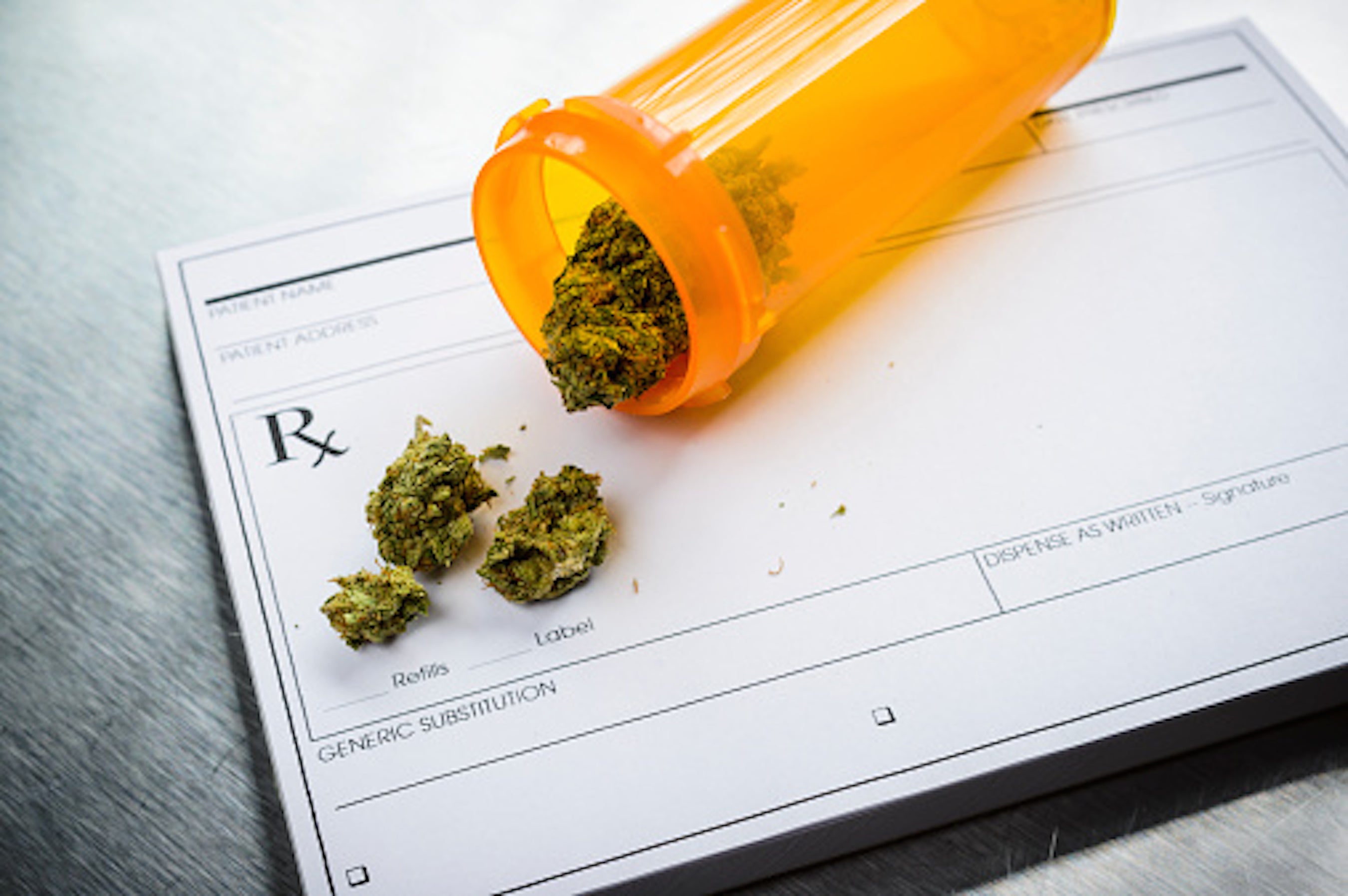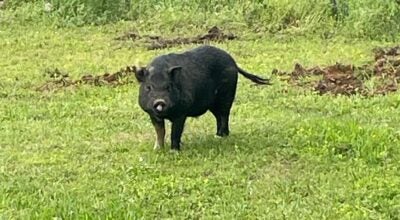State lawmakers push for action on new medical marijuana proposal
Published 2:47 pm Wednesday, September 29, 2021

- The Mississippi State Department of Health began accepting applications for medical marijuana cards on Wednesday, June 1, 2022.
Medical marijuana is an increasingly prominent topic within Mississippi as lawmakers push for progress on legislation that could potentially help thousands of ailing Mississippians.
“We’ve been trying to pass a medical marijuana bill in Mississippi for years,” said Tony Barragan, founder of Hemp+Ville CBD. “It’s gotten more attention because it passed this time around. The reason it passed is because it wasn’t a bill that was presented and the Senate and the House voted on it, this was left up to the people.”
Barragan was a key supporter of the initiative and was one of the organizers who worked to get the initiative on the election ballot.
In November 2020, Mississippi voters voted in favor of Initiative 65, which would have required the state health department to instate a medical marijuana program in 2021 but this was overturned by the Mississippi Supreme Court. According to the court, the initiative was improperly placed on the ballot.
Barragan said even with the delays and roadblocks in the way of this legislation, he believes it will come to pass because it’s what Mississippians want.
Mississippi House and Senate negotiators drew up a mutually-agreeable proposal that will replace the voter-backed initiative and are working to get the legislation back on the floor.
The new proposal would allow governing bodies to reject the cultivation, processing or sale of medical marijuana in their cities or counties. However, local citizens can overturn this ruling through an election.
Medical marijuana would be required to be grown only indoors and 1,000 square feet away from schools or churches, which is double of the original legislation. Products will have a set tax and there would be set licensing and regulation for the Mississippi State Department of Health and the Mississippi Department of Agriculture and Commerce.
The proposal sets a fee schedule for growers depending on the square footage of the canopy. Cannabis cultivators with 1,000 square feet or less of canopy are subject to a one-time fee of $1,500 fee and an $2,500 annual licensing fee.
Medical marijuana sales will be subject to Mississippi’s general sales tax of 7% and marijuana growers will be subject to a $15 excise tax per 1 ounce of cannabis flower or trim harvested.
Barragan said taxes could be beneficial to municipalities who could use the funds for infrastructure or local schools, if allowed.
Other changes include the percentage of THC, the main psychoactive compound in cannabis, allowed in the products and how many cultivation sites a business owner is allowed to have.
“I don’t think there is anything I dislike about the [new] bill,” said Barragan. “I hate that it’s going to be a delay in the process for a certain city to get it, but it leaves [the decision] in the hands of the people to vote on it.”
Lt. Gov. Delbert Hosemann and House Speaker Philip Gunn have requested that Governor Tate Reeves call a special session. Though Reeves was asked about the request in a press conference, he has not given a definitive answer.
“There is no update on exactly when the special session is going to occur but I do anticipate that we are going to have one — sooner rather than later,” said Reeves. “I had a great call with Speaker Gunn and Lt. Hosemann on Monday afternoon. They have laid out some of the proposal that [have] been put forward.”
Reeves said issues within the proposal such as funding still need to be addressed, echoing the statements made by Agricultural Commissioner Andy Gipson.
Gipson spoke on Tuesday to the Mississippi Legislative Black Caucus, who held a daylong hearing on the issue and suggested drawing up their own proposal. At the hearing, members listed off policies, tax and fee structures found in other states’ marijuana programs and heard statements from officials such as Gipson and State Health Officer Thomas Dobbs.
Gipson also was against his department having any business in overseeing and regulating the crop just because it was a plant. The process would be economically taxing on his department.
In counter-argument, Barragan said funding for any process or production can be taken from the permit and licensing fees cultivators have to pay and he expects the funds to roll in.
“It’s a one-time, non-refundable application fee that ranges from $1,500 to $40,000,” said Barragan. “You know how many people are going to apply for this? They are going to have a lot of money to work with.”





